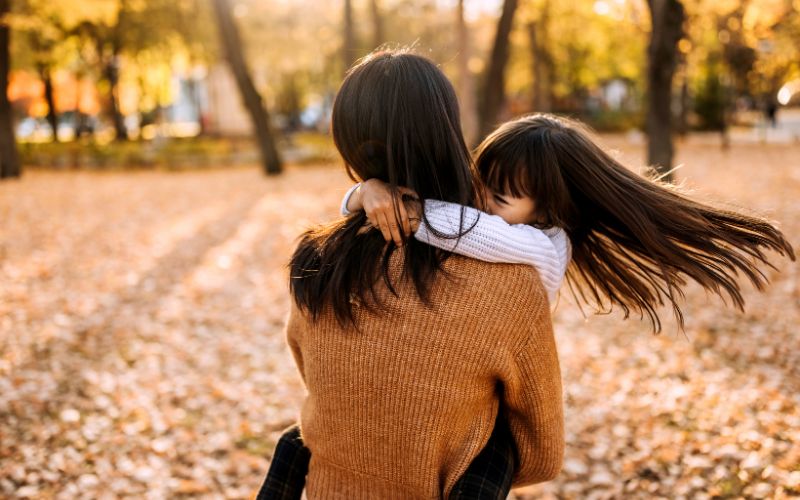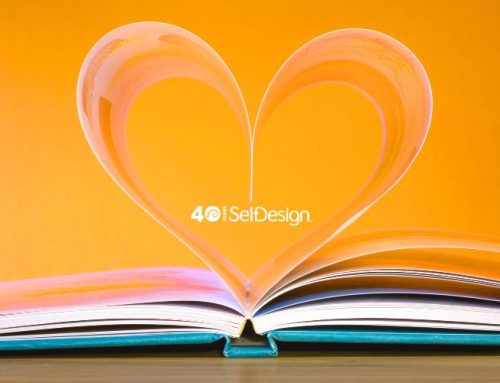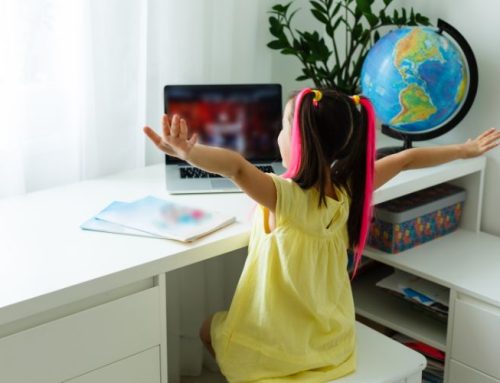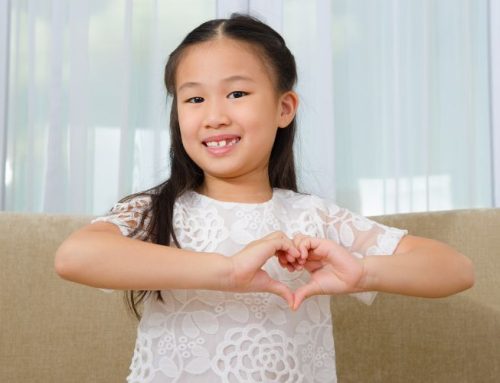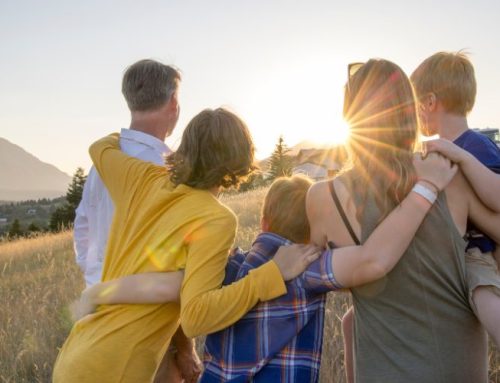SelfDesign’s Indigenous Education offerings continually evolve to further reconciliation and deepen our approach to First Peoples Principles of Learning
Part 2 in our series on how we seek out and apply continuous learning and continuous improvement to all aspects of SelfDesign.
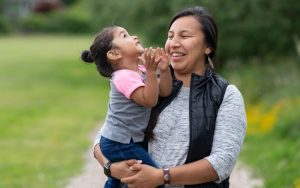 SelfDesign works to advance the journey toward reconciliation by building cultural bridges to Indigenous ways of being, seeing and knowing throughout our educational programs and offerings.
SelfDesign works to advance the journey toward reconciliation by building cultural bridges to Indigenous ways of being, seeing and knowing throughout our educational programs and offerings.
Our efforts are driven by the recommendations put forward in 2017 by SelfDesign’s Indigenous education task force, comprised of an Elder, a SelfDesign parent and a learner who self-identify as Indigenous, and educators. The recommendations were key among the first feedback and data we gathered on how to improve our offerings and to further reconciliation throughout our community. They are also shaped by members of our SelfDesign community — the learners, families, educators and contractors who self-identify as Indigenous and bring their own suggestions, experiences and knowledge to SelfDesign.
This year, we worked with more than 220 families who self-identified as Indigenous when they enrolled with SelfDesign. Each family brings their own unique culture from many territories, mostly from what is colonially known as British Columbia, but also from across Turtle Island.
The evolving process of reconciliation
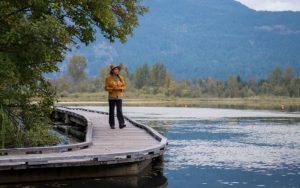 Reconciliation is a process, not a single offering or event or discussion. The conversations and language around reconciliation and decolonization in Canada are evolving continually as we delve deeper and move along the path toward reconciliation.
Reconciliation is a process, not a single offering or event or discussion. The conversations and language around reconciliation and decolonization in Canada are evolving continually as we delve deeper and move along the path toward reconciliation.
The changing landscape of reconciliation requires that we monitor that change in our society and our own approach toward reconciliation. To that end, our practice is to regularly review and update our curriculum and resources here at SelfDesign to ensure they remain current and authentic, continue to speak to all families and reflect the changing language and conversations around reconciliation and decolonization.
Connecting with and hearing from community members who are Indigenous
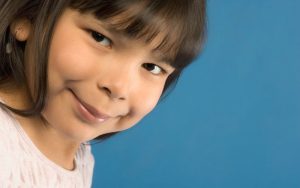 In the 2022–2023 learning year, we surveyed the learners and families who self-identify as Indigenous. The responses we received are serving as the bases of conversations and ways of getting to know these families, their unique cultures, and the territories they reside upon.
In the 2022–2023 learning year, we surveyed the learners and families who self-identify as Indigenous. The responses we received are serving as the bases of conversations and ways of getting to know these families, their unique cultures, and the territories they reside upon.
We’re also using the feedback to shape our work and offerings for these learners and families.
In addition, we’ve hosted informal spaces for families to connect and share, where we’ve made art and craft, researched and hosted contemporary and traditional artists, and held a sharing circle for Indigenous families and learners. These interactions provide insights and opportunities for us to learn and further shape our offerings, our programs and our organization.
Supporting learners’ engagement with local First Nations communities
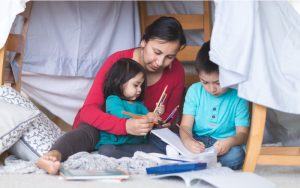 Every year, we also look at the enrolment of SelfDesign families who self-identify as Indigenous to shape our offerings. We use this information to seek out resources and design activities that reflect the ancestry and territories of these families. We carefully curate authentic resources to help non-Indigenous learners explore and understand Indigenous ways of being, seeing and knowing and to support Indigenous learners to see their own rich cultures and knowledge systems reflected in their learning materials.
Every year, we also look at the enrolment of SelfDesign families who self-identify as Indigenous to shape our offerings. We use this information to seek out resources and design activities that reflect the ancestry and territories of these families. We carefully curate authentic resources to help non-Indigenous learners explore and understand Indigenous ways of being, seeing and knowing and to support Indigenous learners to see their own rich cultures and knowledge systems reflected in their learning materials.
Many of these resources can be found in our Learning Experience Library and among the resources accessed from the homepage of our learning management platform.
We seek to engage more deeply with our learners to support their relationships with elders and traditional knowledge-keepers in the learners’ home communities.
“Because SelfDesign is an online school and our learners and educators live all over the province, we work to connect with learners in their home communities and in their home nations,” says SelfDesign Learning Community Principal Catherine Dinim. “Who are the elders in your community? Tell me about your land, your territory? What kinds of things show up there that are different than somewhere 300 kilometres away? That has been a real direction for us. As we go deeper and get more nuanced in how we approach the First Peoples Principles of Learning, we’re trying to make sure that the principles are living, breathing aspects that inform all we do.”
Offerings shaped by learners and families
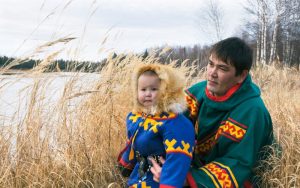 Among the offerings that have come out of these efforts are our Cultural Learning Grants. Since 2021, 103 Cultural Learning Grants have helped our Indigenous learners to connect with and deepen their learning about their own Nations’ cultural practices and languages and to connect with elders and knowledge keepers in their own communities.
Among the offerings that have come out of these efforts are our Cultural Learning Grants. Since 2021, 103 Cultural Learning Grants have helped our Indigenous learners to connect with and deepen their learning about their own Nations’ cultural practices and languages and to connect with elders and knowledge keepers in their own communities.
We also offer a regularly scheduled online space where learners and families can gather to explore and work on Indigenous and Indigenous-inspired crafts and arts in a collegial, supportive and sharing environment. SelfDesign Indigenous Education Coordinator Amber Santos initiated Crafty Fridays in 2021, and one of our learners who is Métis led some of the sessions and taught some of the skills she had explored through her art. In its second year, 42 learners and their families registered to take part. We bring in special guests from outside our learning community to share their knowledge and also invite Indigenous learners and families to bring and share their own expertise with cultural craft practices.
We also offer Daytrippers to learners and families, reprising these popular day-long excursions for learners, families and contractors after a three-year pandemic break. Daytrippers are in-person opportunities to deepen connection and learning of Indigenous culture on specific territories. Shaped by our learning community, we seek to offer these events around the province on the territories that make up our learning community. This helps deepen the connection and learning to local cultures and strengthen relationships with the land our families live, learn and work on. Learners and families are welcome to suggest Daytrippers opportunities in their local communities.
And for our educators and contractors, our annual Lunch and Learn series supports our educators and contractors as they deepen their understanding of reconciliation, Indigenous worldviews and perspectives, and First People’s Principles of Learning. This series of professional development workshops and discussions allow our contractor community to learn and grow our knowledge of Indigenous ways of being and seeing.
We seek to learn more about how we can integrate the First People’s Principles into our work and offerings, and how we can better support our learners, families and contractors on the path towards reconciliation. It’s just one area of SelfDesign where we continuously learn in order to continuously improve what we do.

